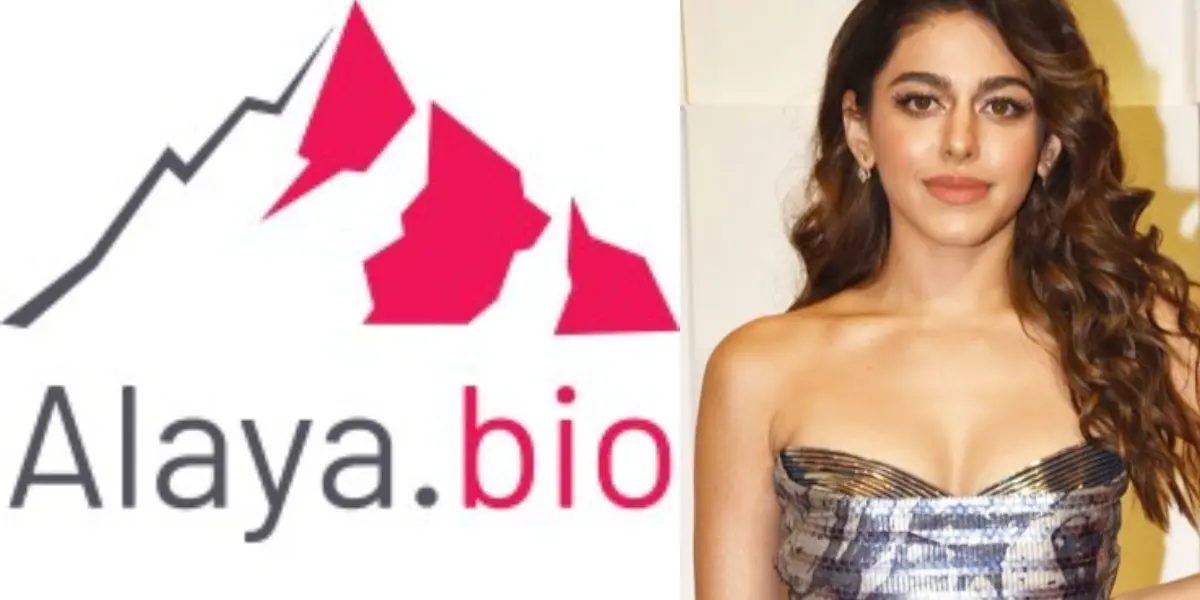Alaya.bio Accelerates Breakthrough Blood Cancer Medication Development

For years, the quest to fortify the immune response against cancer has been ongoing. A decade ago, CAR-T technology emerged as a game-changer, genetically enhancing a patient’s white blood cells to combat cancer cells. However, this breakthrough came with a hefty price tag of approximately €500,000 per patient and required a time-consuming six-week laboratory manufacturing process.
Enter Renaud Vaillant, an entrepreneur specializing in cellular engineering, particularly in the realm of immunotherapies. Recognizing the challenges posed by the costly and time-intensive CAR-T technology, Vaillant devised a cellular engineering platform based on nanoparticles. These nanoparticles swiftly identify and genetically modify white blood cells, transforming the therapeutic approach into a swift and cost-effective medication. Renaud Vaillant founded Alaya.bio to spearhead this groundbreaking innovation, aiming to treat a larger number of blood cancer patients.
Patents, Data, and a Laboratory: Alaya.bio’s Strategic Acquisition
To expedite their mission, the startup, founded in 2022 with backing from a U.S. investment fund, recently acquired the assets of Ixaka France, a biotechnology company operating in the same sector. Alaya.bio was already familiar with Ixaka, having sold its technology to the company in 2017 before establishing itself as an independent entity.
When Ixaka, engaged in another clinical trial, ceased operations and declared bankruptcy in France, Alaya.bio seized the opportunity to acquire its assets. Renaud Vaillant recounts, “When we learned of the news, we immediately positioned ourselves to acquire its assets.” Alaya.bio now possesses crucial technological assets, including patents, preclinical data, and an exclusive license for specific biopolymers. The acquisition also included fully equipped laboratories at a fraction of their original cost, totaling an investment of €3 million in equipment and €1 million in the laboratory.
Fast-Tracking Progress: A Leap Forward in Development
With these assets in hand, Alaya.bio, previously at a less advanced stage, has made a significant leap forward, gaining several months in its development timeline. Renaud Vaillant emphasizes the ability to accelerate their program and provide essential proof of concept for the effectiveness of genetically modified CAR-T cells.
The next milestone for the startup is a fundraising round of approximately €10 million. The goal is to further develop the platform for a slightly different target and initiate clinical operations within the next two years. With these funds, Alaya.bio plans to bring its first product into clinical trials, showcasing the platform’s potential and establishing partnerships with pharmaceutical companies for broader applications.
Looking Beyond: A Vision for Diverse Applications
Alaya.bio envisions utilizing the funds to explore applications beyond blood cancers, addressing both “liquid” and “solid” cancers, autoimmune diseases, and genetic disorders. Their ultimate objective is to provide solutions for conditions lacking viable options due to prohibitive development costs.
As Alaya.bio propels forward, it not only accelerates the development of an innovative blood cancer medication but also sets the stage for groundbreaking advancements in cellular engineering and immunotherapies, offering hope for a more accessible and effective approach to diverse medical challenges.
FAQ
Q: What is Alaya.bio’s primary goal in developing its innovative cellular engineering platform?
Answer: Alaya.bio aims to transform cancer therapy into a swift and cost-effective medication, utilizing a nanoparticle-based platform to genetically modify white blood cells, particularly targeting blood cancer patients.
Q: How did Alaya.bio strategically expedite its progress in cellular engineering?
Answer: The startup acquired the assets of Ixaka France, a biotechnology company, to gain crucial technological assets, including patents and an exclusive license for specific biopolymers, propelling Alaya.bio several months ahead in its development timeline.
Q: What challenges did the CAR-T technology pose, prompting the creation of Alaya.bio’s platform?
Answer: CAR-T technology was expensive (€500,000 per patient) and time-consuming (six weeks for laboratory manufacturing). Alaya.bio’s platform addresses these challenges by offering a quicker, more cost-effective solution.
Q: What recent strategic move has significantly advanced Alaya.bio’s capabilities?
Answer: Alaya.bio’s recent acquisition of Ixaka France’s assets, including patents, preclinical data, and fully equipped laboratories, has propelled the startup forward, enabling accelerated development and proof of concept for genetically modified CAR-T cells.



